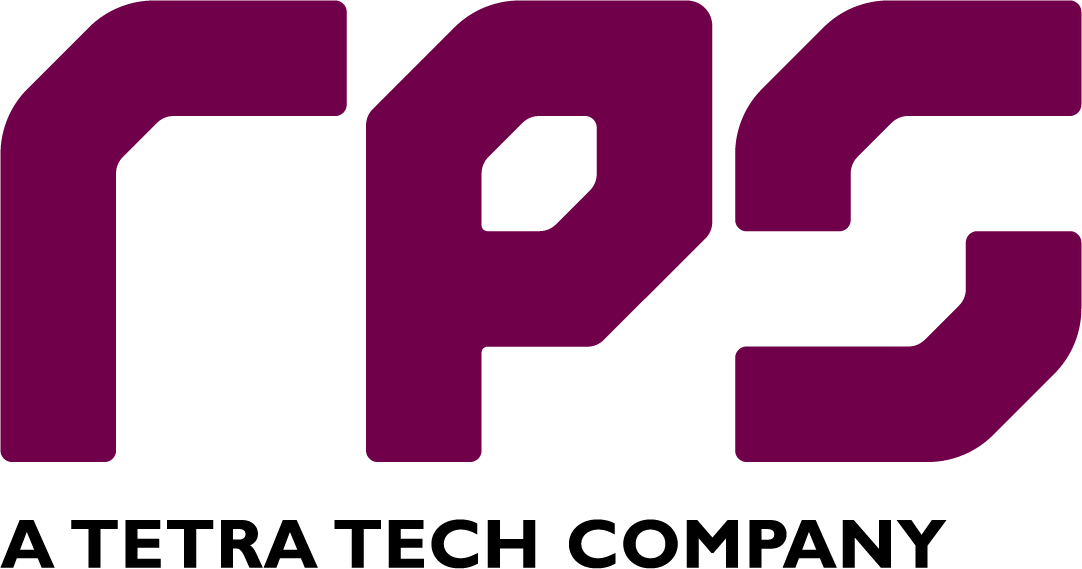Asset Management Is Going Virtual For Good

For decades, even some of the most sophisticated real estate investors have been able to get by without being backed up by the latest technology. Many asset managers didn’t have a problem tracking their properties with homegrown software and point solutions.
The coronavirus pandemic has put an end to that. With on-site activity grinding to a halt for property managers and offices shuttered, asset management teams had to make the switch to relying on technology. Fortunately, many of the solutions they needed have been in place for years.
RPS, a leading global professional services firm, designs proprietary technology solutions for property management groups, ranging from virtual inspection software to asset inventory management systems. Cloud-based asset management systems can give property management groups instant access to the latest data regarding their properties.
“Before the pandemic began, a surprising number of sophisticated real estate investors with large property portfolios and a multitude of valuable assets didn’t have a convenient asset inventory system that has kept pace with web-based technology,” RPS Business Development and Sales Director Brian Devine said. “Now they’re making the switch.”
One of the first challenges the pandemic presented was how to conduct property inspections virtually.
“Pandemic-related travel restrictions have prevented our client due diligence teams’ in-person property tours,” Devine said. “Consequently, these clients have increased their reliance on RPS’ inspections and reports because we’re able to complete thorough, timely inspections via the use of drone and videoconferencing technologies. Some of our clients have actually ‘accompanied’ RPS during our virtual inspections.”
RPS Manager of Environmental Risk Jonathan Barber believes that virtual inspections, particularly in the post-pandemic CRE landscape, can enable members of these teams to inspect and record the inspection in real time.
“From a property management standpoint, routine property inspections, while important, are not always a high priority due to the time and cost required,” Barber said. “Under the right circumstances, a virtual tour can be substituted for these in-person tours to minimize the time and budgetary costs.”

In 2018, the CRE market began to see a shift toward the utilization of technology to better manage large real estate portfolios. As clients began requesting additional solutions for managing large portfolios, RPS began developing their property management solutions.
“One of our clients desired a single platform which could contain data for their entire property inventory,” RPS Manager in Real Estate Facilities Services Michael DiMario said. “They specifically wanted databases for entire-building attributes, tenant space attributes and HVAC. This was our impetus to develop the PropertyMap platform.”
RPS developed the PropertyMap platform to include a client-facing data dashboard with multiple data windows, as well as an app-based mobile interface that enabled agents to collect and input data from the field. To achieve this client’s goal, RPS sent dozens of agents to more than 20 states. Ultimately, these field agents collected over 10,000 total data attributes for 654 buildings and 2,651 tenant suites, including 7,254 geo-referenced HVAC units and over 30,000 photographs.
Although PropertyMap has immense practical use, property and asset managers can be averse to change. Devine said that many new and existing clients of RPS are receptive to new technologies, such as virtual property inspections, when they have an immediate need, but they are more hesitant to integrate long-term solutions, like asset inventory management software. This is somewhat surprising, as many property management groups currently rely on other proprietary services, such as accounting and compliance software.
“The common thread seems to be the need to graduate from multiple software platforms to a single product which can store portfolio data and act as a resource to manage everything from accounting acquisitions to leasing and maintenance,” DiMario said.
Typically, asset managers worry that new technology platforms will be expensive to manage, hard to integrate with current systems and will not evolve with changing trends. To alleviate these concerns, DiMario emphasizes that these resources must be simple, uniform and modifiable. He recommends that a user-friendly platform should include seamless integration with common software like Excel and GIS-based application, as well as the ability to update data seamlessly as new information is gathered.
DiMario is also quick to point out that, while many emerging technologies can be viewed as trends, resources like virtual inspection software and asset management software will increase in practicality as property management groups seek out the most cost-effective, streamlined ways to operate.
“These technologies were invaluable mechanisms for portfolio-holding companies pre-pandemic and will prove the same effectiveness post-pandemic,” DiMario said. “Coupled with conducting physical assessments, the ability to add digital data collection and geo-referenced information simultaneously allows a client to rely on a single vendor for all of their CRE needs, ultimately saving them time and money.”
This article was produced in collaboration between RPS and Studio B. Bisnow news staff was not involved in the production of this content.
Studio B is Bisnow’s in-house content and design studio. To learn more about how Studio B can help your team, reach out to studio@bisnow.com.

